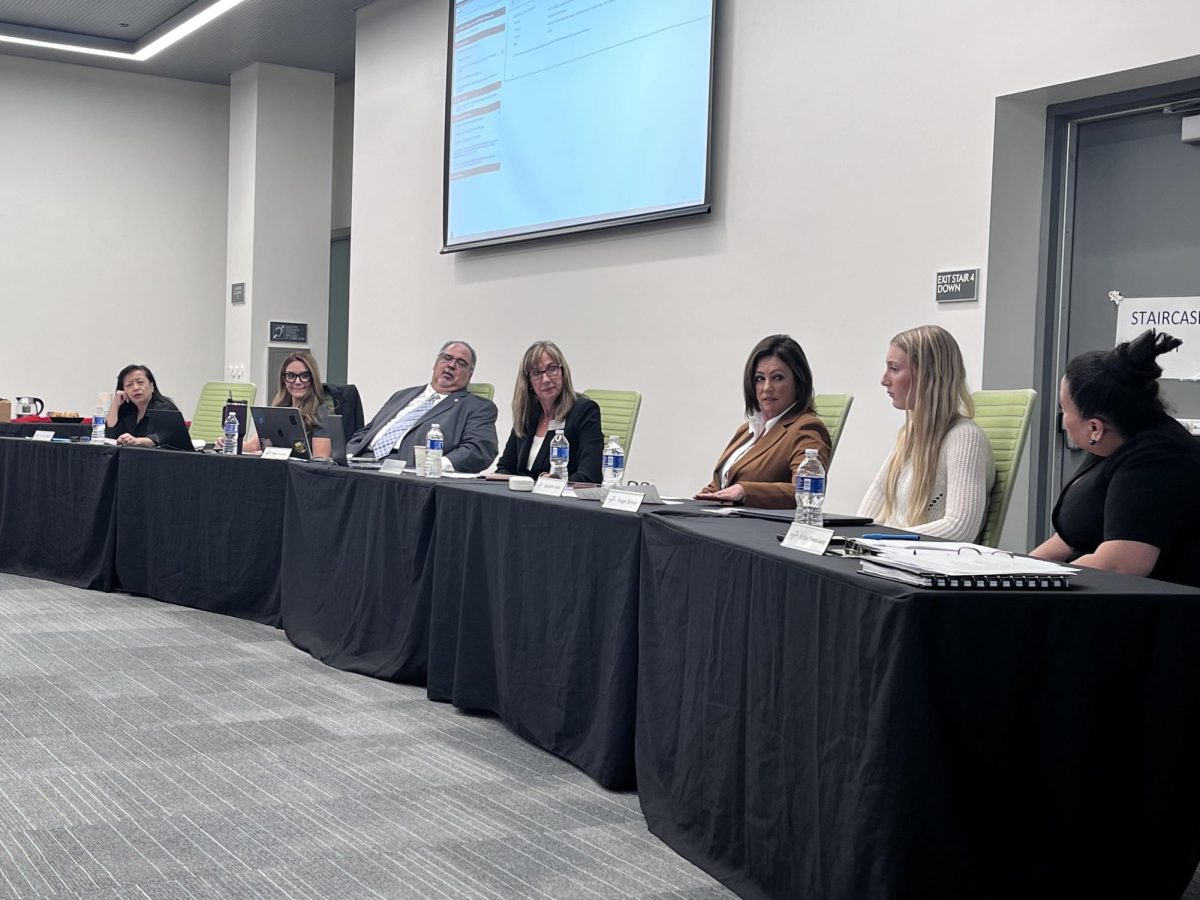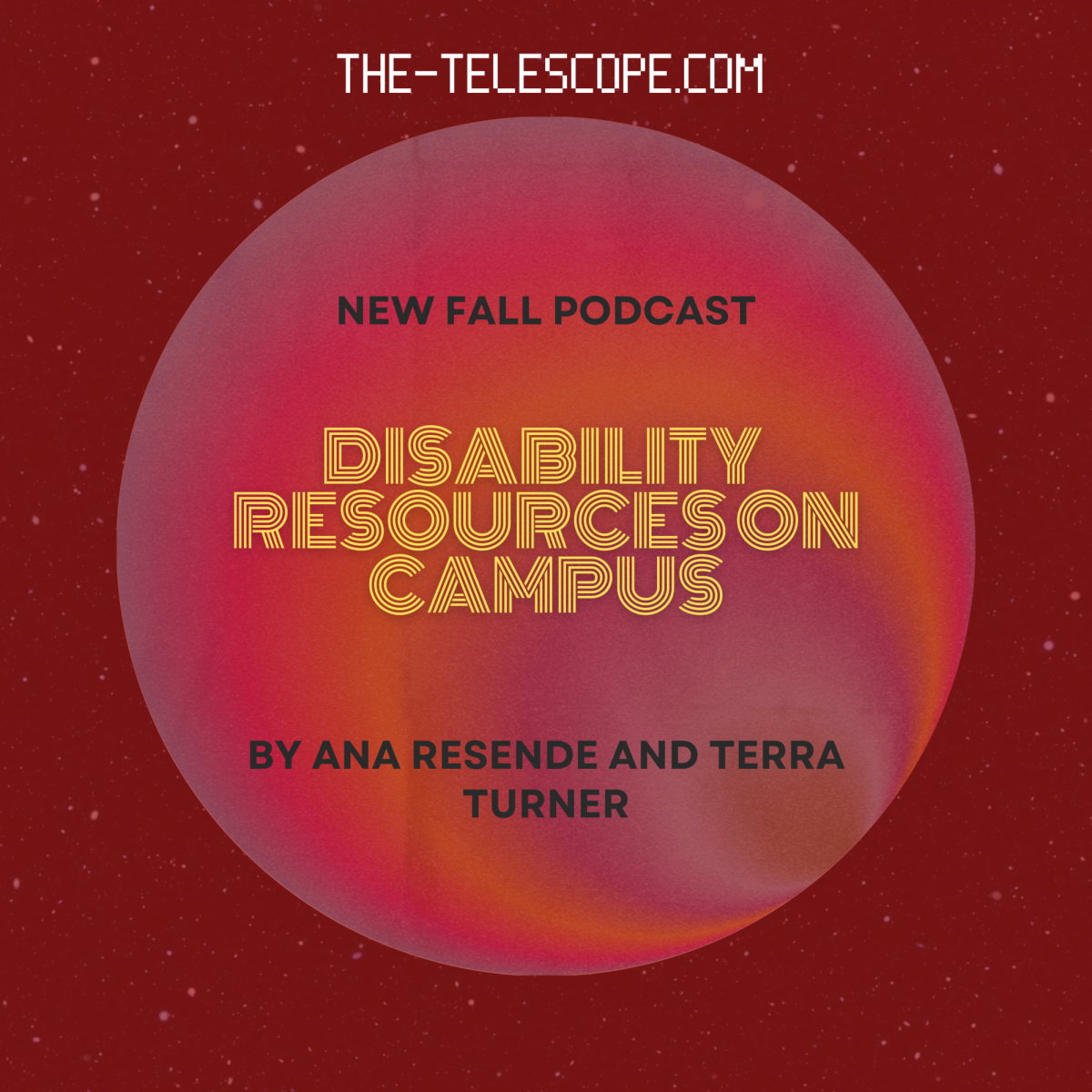Editor’s Note: Sponsored Content
When choosing a university or college young people often think of their future careers. However, there might be situations where these youngsters are at loss of what they are going to do next. As time goes, you might get interested in something else and feel like that your degree is useless. Besides, a lot of employers seek for really experienced professionals. Such situations often confuse graduates as they think they won’t be able to find a decent job without a ton of experience. In this article, we’re going to discuss the problem of how to get a decent job for a graduate with little or no experience.
Whenever you find yourself in a situation that your chosen degree is no longer of interest to you, you should try to look at it from a different perspective. Even though you might be encouraged to work in the field, you need to find out whether there are other aspects that might be of use to you. At a university, there are dozens of disciplines you can learn and even more skills that you can develop.
Let’s say you wanted to teach Spanish when you went to college, but then you understood that teaching is not something you want to do for the rest of your life. When this happens you might think that the time had been wasted, but you still know Spanish, right? Use it in another field! You may want to take another program where your knowledge of a foreign language will be a plus. After a year or two, you will be able to find a spot in an international company. In the meantime, you can find a freelance job that would address all those ‘who can write essay for me’ searches in Google. Everything’s up to you. The main point here is that you should find the advantages in a degree that no longer seems reasonable to you and use them to your own benefit.
When it comes to that lack of experience, you should be aware that there are numerous opportunities to get some. First and foremost, there should be an internship in your final years, when you can have a chance of working at a decent company and have a real practice. Some of these firms usually offer a job to those students, who have shown that they are worthy professionals. However, don’t be discouraged, if you are not offered anything. This internship will still be a good point in your CV (if you were trained in a well-known company) that will help you find a spot in another company or even start your own business. If you, however, trained at a not so prestigious place, you still should’ve gained invaluable experience that would serve you.
Another important aspect that might help you get a job is the way you behave in an interview. As suggested by Financial Post, a lot of candidates get rejected during the first eleven seconds of looking into their resume. So, to get that interview invitation, you should polish your CV first.
To begin with, you should create a good title for your resume file. Forget about such names as ‘CV,’ ‘resume’ or ‘curriculum vitae,’ instead, use the position you are interested in, to catch the eye of the head-hunter. In the text, be to the point. Do not tell any stories or whatever you think that might be interesting about you. Use simple structure, briefly describe your qualifications and skills. Make paragraphs short, so it’s easier to look through your resume. Proofread as you want your CV to leave a got impression about you, right?
If everything’s done right, that you will get that call from the potential employer sooner or later. Once you are invited to an interview, you should remember that there’s still plenty of work to do to get that job. First of all, you should do a little research on the company that is hiring as the interviewers like to ask you about your impressions of their company. Then, when it comes to the D-day, please, do not be late. You also might have heard the idea that you should prove to the interviewer that you are exactly who they are looking for. It is excellent, of course, but do not overextend. Overconfidence may only make things worse, and you will get rejected. Be honest about your experience, but avoid telling over-detailed stories about your past working experience. Finally, be honest. Most of the information you share is always checked, and you don’t want to seem a liar, do you?
As you see, it is not as hard to get a job after graduation as it may seem. Frightening? Yes. But not too much. You should know your strengths and use them to your advantage. Finally, learn how to behave at an interview, and you will get that job you’ve dreamed of.



























































